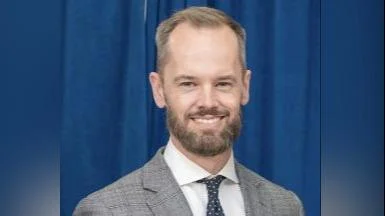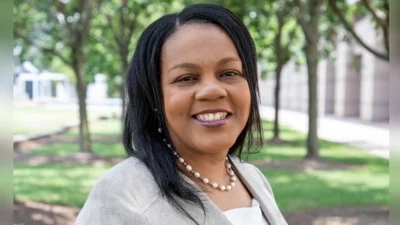Virginia Foxx - Chairwoman of the Education and the Workforce committee | Official U.S. House headshot
Virginia Foxx - Chairwoman of the Education and the Workforce committee | Official U.S. House headshot
WASHINGTON – Today, Higher Education and Workforce Development Subcommittee Chairman Burgess Owens (R-UT) expressed concerns about the potential impact of classifying student-athletes as employees in college sports during a joint subcommittee hearing.
Owens highlighted the recent changes in college sports, stating, "The world of college sports is in a transformational period. In 2021, the Supreme Court decided NCAA vs Alston and ushered college sports into a new era of name, image, and likeness compensation, or NIL for short. Student-athletes have also gained newfound freedom to transfer schools freely."
Emphasizing the importance of the academic experience in college sports, Owens warned, "But at its core, college sports are about enhancing student-athletes’ academic experience and molding young people into productive citizens. All of that could be lost if the radical Biden NLRB has its way."
Regarding the classification of student-athletes as employees, Owens criticized the Biden NLRB, stating, "The Biden NLRB is the most activist pro-union government agency in history, and it has taken this opportunity to declare student-athletes to be employees." Owens specifically mentioned a case at Dartmouth where student-athletes were classified as employees, leading to the potential unionization of the basketball team.
Owens argued against this classification, saying, "In no world should a scholarship athlete be considered an employee for playing basketball." He further pointed out the unique circumstances at Dartmouth, where basketball players do not even receive athletic scholarships but only financial aid based on need.
Expressing his concerns about the consequences of treating student-athletes as employees, Owens stated, "Classifying student-athletes as employees is an existential threat to the future of college sports on many campuses." He highlighted the potential economic challenges that could arise, leading to fewer opportunities for young athletes, especially in low-funded programs, women’s sports, and small-school athletic programs.






 Alerts Sign-up
Alerts Sign-up